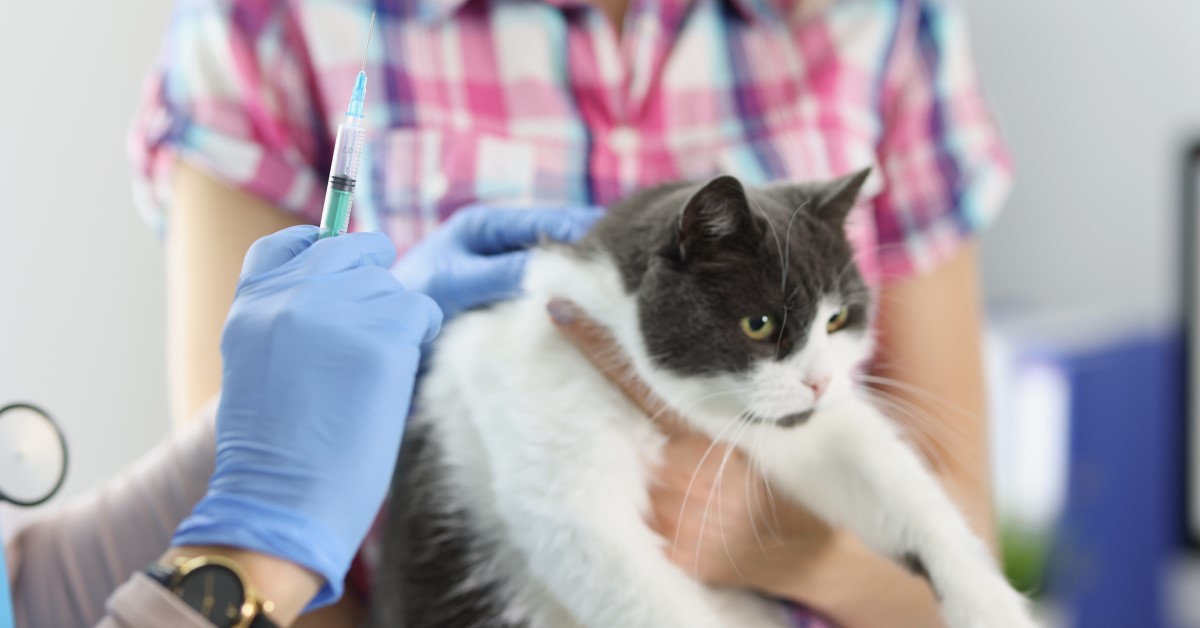Deworming is a vital part of keeping your pets healthy and safeguarding your family from potential health risks. Whether you’re new to pet care or a seasoned pet lover, understanding the significance of deworming is essential. While many focus on grooming and feeding their pets, deworming is often overlooked, yet it can be just as important for maintaining their well-being. Cat dewormer is a medicine that helps eliminate harmful parasites, reducing the risk of illness for both your pet and those around them.
What Is Deworming and Why Is It Necessary?
Deworming refers to the process of giving pets medications that eliminate intestinal parasites such as roundworms, tapeworms, hookworms, and whipworms. These parasites can cause a range of health problems in pets, including digestive issues, lethargy, and even more severe conditions if left untreated. Regular deworming is essential to prevent these parasites from taking root and impacting your pet’s health.
The process is typically simple and involves giving pets a dose of a deworming medication that is either administered orally, as a tablet or liquid, or applied topically. It is recommended that pets be dewormed regularly as part of their overall health care routine. Puppies and kittens often require deworming more frequently, while adult pets may only need it every three to six months, depending on their lifestyle.
How Deworming Protects Your Pet’s Health
The most obvious benefit of deworming is the direct protection it offers your pet. Pets who are infested with parasites often show signs of discomfort and illness. They may experience symptoms like vomiting, diarrhoea, bloating, and weight loss. In severe cases, parasitic infections can lead to organ damage or even death.
Deworming helps eliminate these parasites, restoring your pet’s health and comfort. By keeping their intestines free from harmful organisms, you can ensure they continue to live a happy and energetic life. Furthermore, keeping your pet healthy through regular deworming helps prevent any long-term health issues that can be expensive and challenging to treat.
Protecting Your Family from Parasitic Diseases
While the primary focus of deworming is your pet, it also plays a crucial role in protecting your family’s health. Some types of intestinal parasites that affect pets can be transmitted to humans, especially children. These zoonotic diseases, such as Toxocariasis and Giardia, can lead to health problems, including stomach infections, rashes, and more severe conditions.
Regular deworming reduces the likelihood of these parasites being passed from pets to humans. This is especially important in households with young children, elderly individuals, or those with weakened immune systems. By taking proactive steps with deworming, families can maintain a safer and healthier environment for everyone.
When Should Deworming Be Done?
Deworming should start early in a pet’s life. Most veterinarians recommend that puppies and kittens be dewormed at a young age, typically at around two weeks of age, with follow-up doses every two weeks until they are eight weeks old. After that, adult pets should be dewormed regularly, depending on their risk factors.
Pets that go outdoors or interact with other animals may need more frequent deworming, as they are at higher risk of picking up parasites. Conversely, indoor pets may have a lower risk but should still be dewormed periodically as part of a routine health check.
Signs That Your Pet Needs Deworming
Pets don’t always show obvious signs of being infected with parasites. However, there are some tell-tale symptoms to watch for. If you notice your pet showing any of the following signs, it may be time to schedule a deworming treatment:
- Vomiting or diarrhoea
- Loss of appetite
- Weight loss despite normal eating habits
- Scooting or licking their rear end
- Visible worms in their stool or around their anus
If you notice any of these signs, it’s essential to consult with a veterinarian for proper diagnosis and treatment.
Choosing the Right Deworming Treatment
When it comes to choosing a deworming treatment, it’s important to use a product that’s safe and effective for your pet. Your veterinarian can guide you in selecting the best cat dewormer or dog dewormer based on your pet’s specific needs and health status. Over-the-counter dewormers are available, but always check with a vet before administering any treatment, as some pets may have sensitivities or require specific medications.
Conclusion
Deworming is not just an essential part of your pet’s healthcare routine; it’s also a safeguard for your family’s health. By staying on top of your pet’s deworming schedule, you ensure they live a healthier, happier life while also preventing the spread of parasitic infections to your loved ones. Always consult a vet for advice on the best deworming regimen for your pet’s age, breed, and lifestyle.




